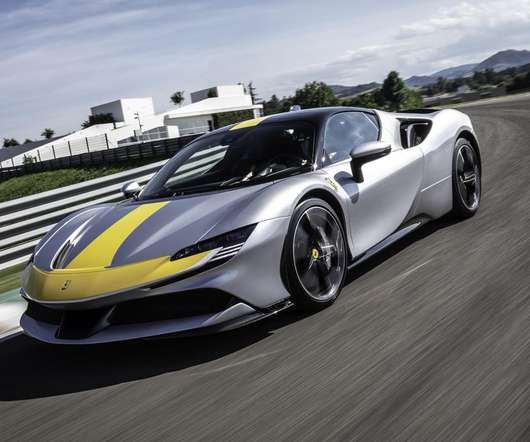Navigant forecasts global road transportation energy consumption to increase 25% by 2035; 84% from conventional fuels
Green Car Congress
JULY 28, 2014
Most developed countries in Western Europe and parts of Asia Pacific will also exhibit similar decreases in energy consumption. gasoline and diesel) represent the bulk of energy consumption throughout the forecast period. Electricity and hydrogen will together account for less than 0.5% Source: Navigant Research.


























Let's personalize your content